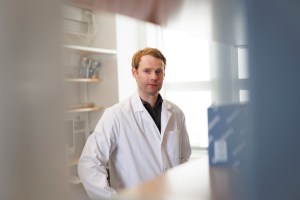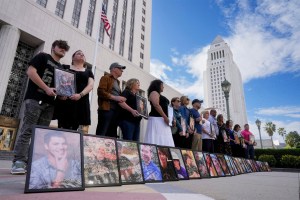Campus & Community
-

Tracing Harvard’s ties to slavery: Recovering names and histories
Researchers delve into probate records, tax lists, and estate inventories to identify enslaved people
-

Ballot order set for Overseer and HAA director elections
Candidates finalized ahead of spring voting period
-

Kicking back with Rose Byrne
Australian actress feted, roasted as Hasty Pudding Woman of the Year
-

What’s the greatest love song of all time?
Faculty and administrators tell you theirs
-

Of different faiths, but connected by belief
Community members gather to explore identity, spiritual experience at first ‘Across This Table’ interfaith dinner
-

Batman returns — to accept his Pudding Pot
Michael Keaton feted as Hasty Pudding’s Man of the Year, 30 years after first invite
-
Honan Race gains ground
Almost 700 Harvard-affiliated athletes sponsored by Harvard Public Affairs & Communications and the Harvard Business School were among the 1,800 runners in the annual Brian J. Honan 5K Road Race on Sunday. The race benefits the Brian J. Honan Charitable Fund.

-
Harvard kicks off fundraising effort
Harvard University kicked off the public phase of a $6.5 billion fundraising campaign today, designed to benefit key priorities during constrained financial times. If successful, it would be the largest ever in higher education.
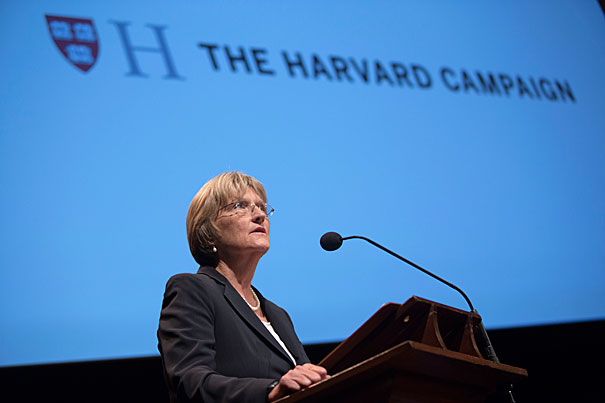
-
Malala Yousafzai is Harvard Humanitarian of the year
Malala Yousafzai, the 16 year-old Pakistani girl who was shot on Oct. 9, 2012, in an assassination attempt for expressing her philosophy of gender equality in education and who famously said, “I want every girl, every child, to be educated,” will receive the 2013 Peter J. Gomes Humanitarian Award.
-
Six luminaries to receive Du Bois Medal
Harvard University announced Sept. 18 that it will award the W.E.B. Du Bois Medal to six leaders across government, the arts, and athletics during a ceremony on Oct. 2. The ceremony will also mark the launch of the Hutchins Center for African and African American Research.
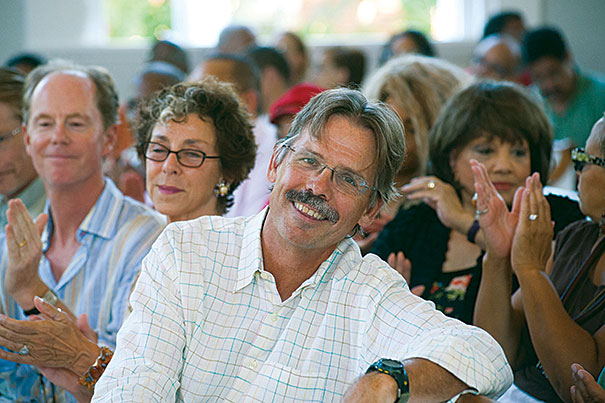
-
Dialogue with the deans
Harvard College interim Dean Donald Pfister and Dean of Student Life Stephen Lassonde made themselves available to field questions from students in a “meet the deans” forum.
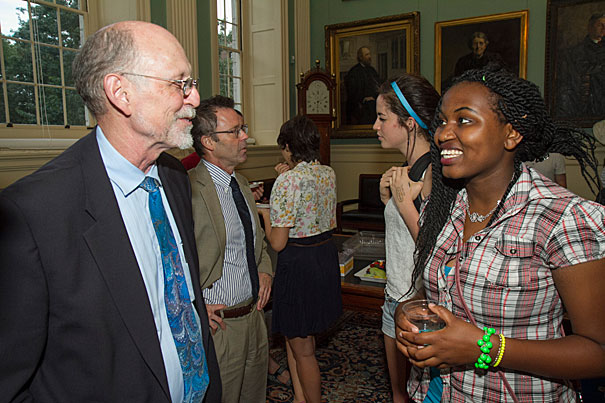
-
A boost for new ways to learn
Harvard University Provost Alan Garber announced the appointment of historian and humanities scholar Peter K. Bol as vice provost for advances in learning.
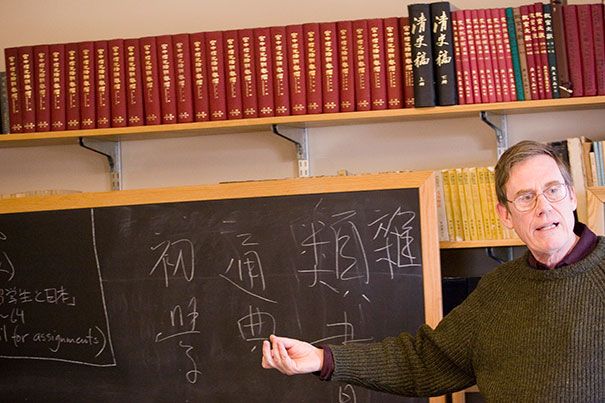
-
$12.5M to support innovation in education at HSPH
A major effort under way at Harvard School of Public Health to redesign its educational strategy has received significant new support of $12.5 million from the Charina Endowment Fund and Richard L. (M.B.A.’59) and Ronay Menschel.
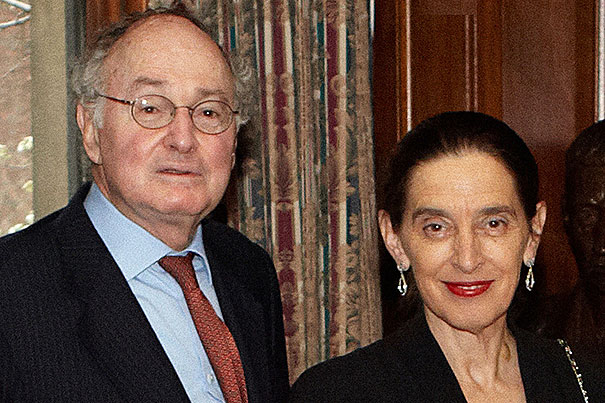
-
Shopping around
The start of a new semester signals many things, one of which is “shopping week,” where undergraduates sit in on classes and check out syllabi before committing to a course.
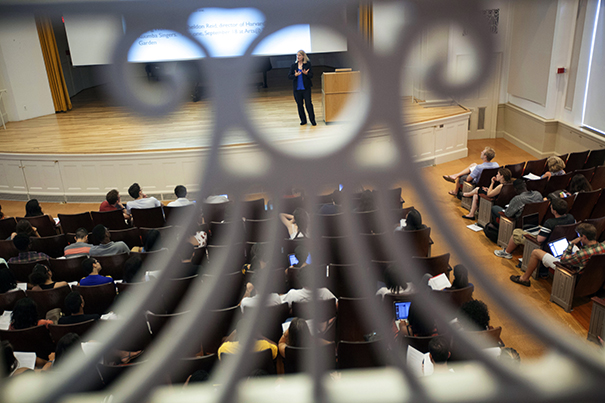
-
Faculty Council meeting held Sept. 11
On Sept. 11, the Faculty Council welcomed new members, reviewed history and policies, elected subcommittees for 2013-14, discussed the work of the council in the new academic year, and discussed proposed changes to the Q Guide.
-
To market, to market
For several Fridays, dozens of local artists, crafters, and designers from Boston’s SoWa Open Market will be selling their wares at the Science Center Plaza.
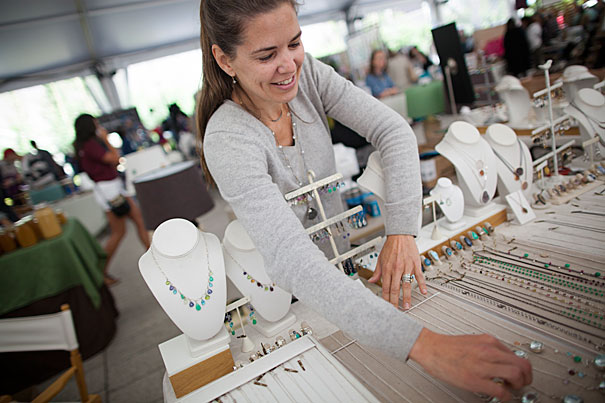
-
Managing a ‘seismic shift’
Harvard simultaneously faces stiff economic challenges and evolving opportunities, President Drew Faust said in her opening-of-year speech.
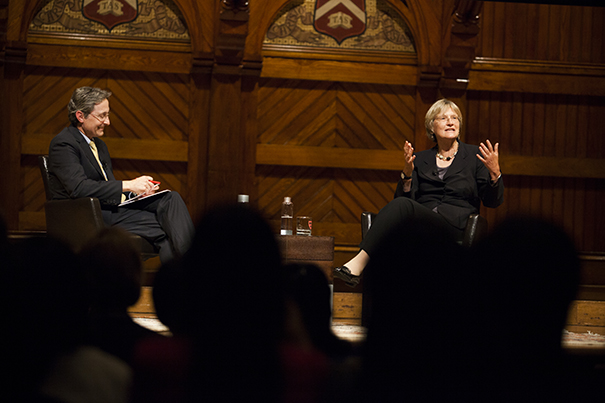
-
Houghton’s heroes
Houghton Library, Harvard’s home to literary and historical treasures, is more like a museum than your typical library.

-
There’s only one Harvard
Philip Harding, who is an M.P.P. student at Harvard Kennedy School and president of the Harvard Graduate Council, shares his thoughts on the “Harvard experience.”
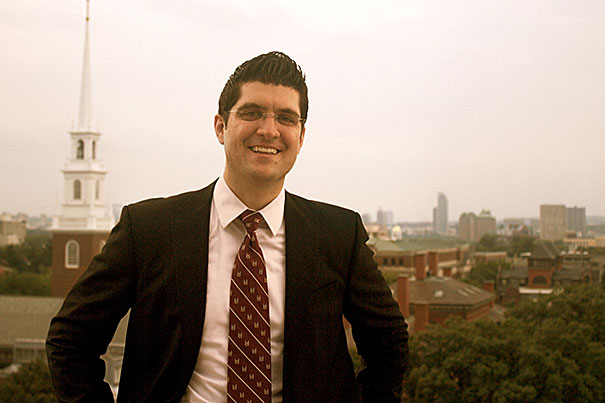
-
New name for Old Quincy
After 15 months of construction, the renewal of Old Quincy — the neo-Georgian portion of Quincy House — was completed Saturday when it was renamed Stone Hall in honor of Robert G. Stone Jr. ’45, the late senior fellow of the Harvard Corporation, during a ribbon-cutting ceremony.
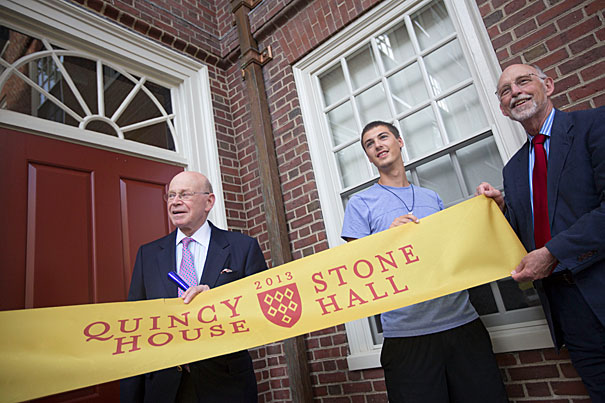
-
So near, so far, at Harvard
Freshmen this year come from very close to Harvard Yard and from very far away.
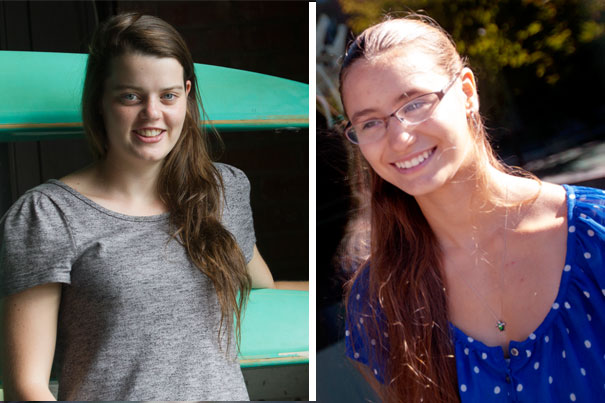
-
For big questions, a bigger forum
Coordinated through the Freshman Dean’s Office, the “Reflecting on Your Life” initiative, which invites freshmen to think about meaning and purpose, has received a grant from the Teagle Foundation to broaden the scope of the program.
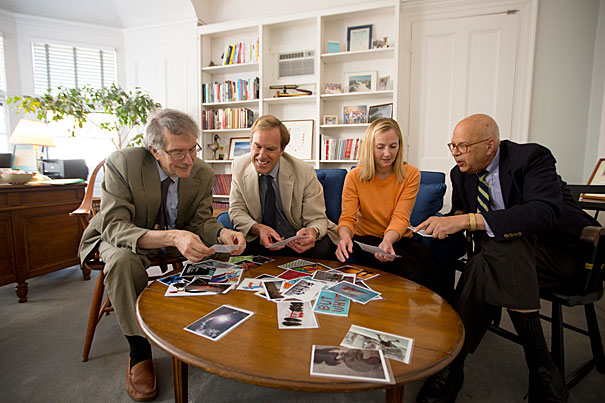
-
Legacies of leadership
PBHA summer campers rise through the ranks to take leadership positions and start to give back to their communities.
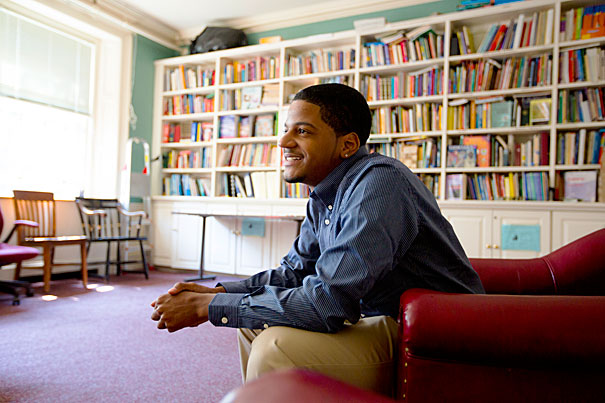
-
Staffer wins Hollywood Book Festival grand prize
Jonathan Womack, a media technician at the Harvard Graduate School of Education, took home the grand prize at the Hollywood Book Festival for his sci-fi novel “A Cry for a Hero.”
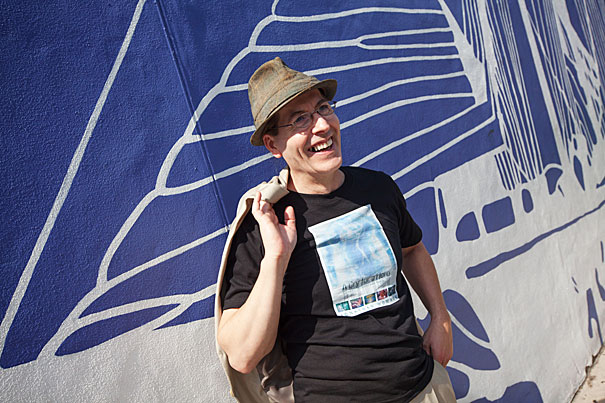
-
Japan cultural agency honors Bestor
Theodore C. Bestor, the Reischauer Institute Professor of Social Anthropology and director of the Edwin O. Reischauer Institute of Japanese Studies, has received the Commissioner of Cultural Affairs Award for the Promotion of Japanese Culture from the Agency for Cultural Affairs in Japan.
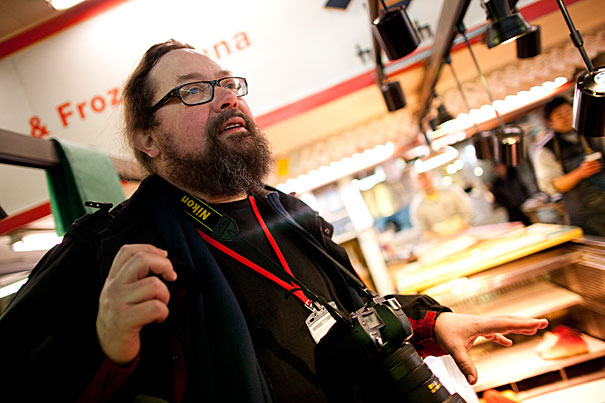
-
‘Let us begin again’
Harvard President Drew Faust opened the first day of fall classes Tuesday by welcoming students and faculty to a new academic year during the traditional Morning Prayers.
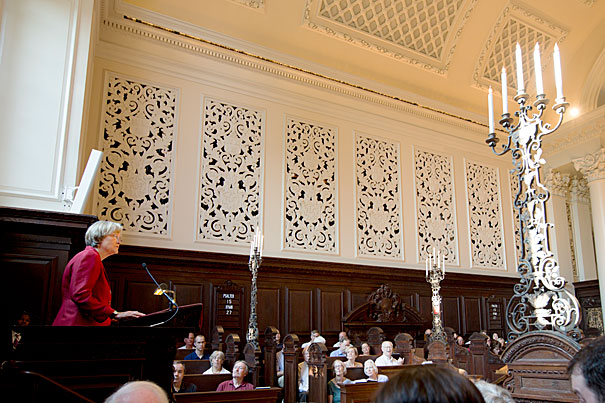
-
Goodbye tourists, hello residents
As the Class of 2017 settled in at Harvard and began Freshman Week, students from around the world were busy taking in the unfamiliar sights and sounds of their tightly packed, red-brick neighborhood, their home base for the next four years.
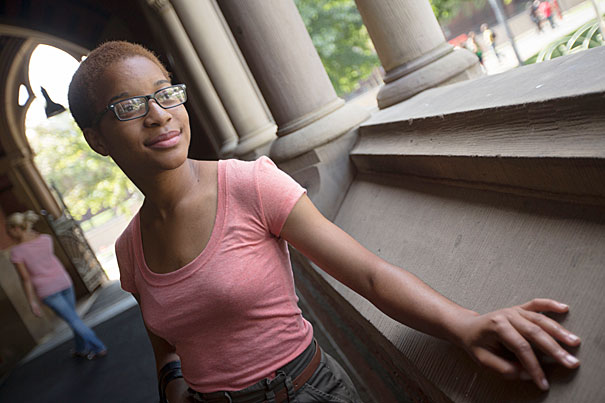
-
Welcoming the Class of ’17
At the annual Freshman Convocation Monday, Harvard President Drew Faust and other University officials told the Class of ’17 to embrace challenges, reach out to fellow students and others, and keep open minds about what the future should hold.
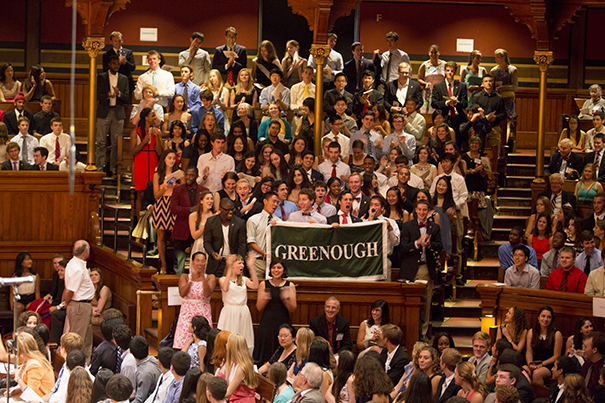
-
HUPD releases annual security report
The Harvard University Police Department has released its annual report on crime, prevention, substance abuse, and other on-campus services.
-
Deep devotion, explored
Harvard Divinity School’s annual convocation included an address by Houghton Professor of the Practice of Ministry Studies Stephanie Paulsell, who explored the theme of devotion in the texts of the Bible’s “Song of Songs,” and in the work of author Virginia Woolf.
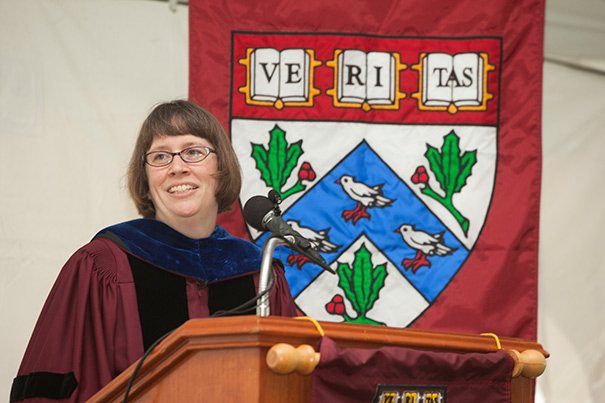
-
Updated Quincy a happy home
After 15 months of construction and renovation, Old Quincy, the first test project in the House Renewal initiative, began welcoming students this week.

-
David S. Landes, 89, dies
David S. Landes, a renowned historian whose work focused on the complex interplay of cultural mores and historical circumstance, died Aug. 17 at age 89.
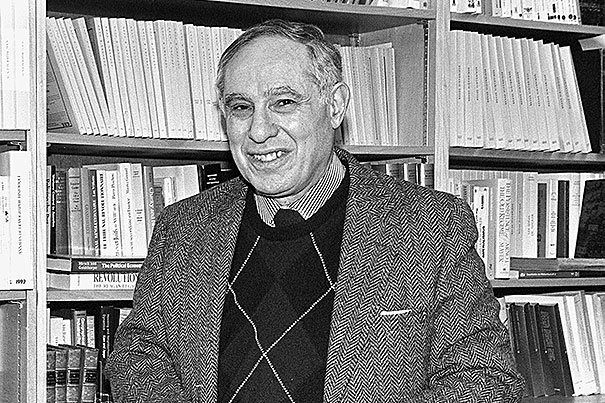
-
Heaney’s death caught ‘the heart off guard’
Irish poet Seamus Heaney, the 1995 Nobel laureate in literature with longtime ties to Harvard, died Aug. 30 in Ireland at age 74.
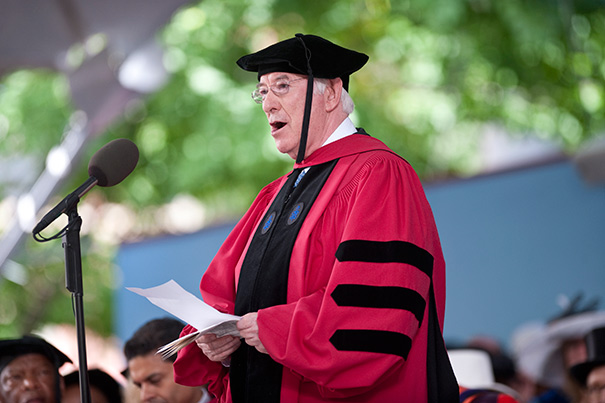
-
How the garden grows
Thanks to an abundant garden, the Harvard Faculty Club is saving money and producing even better-tasting food.
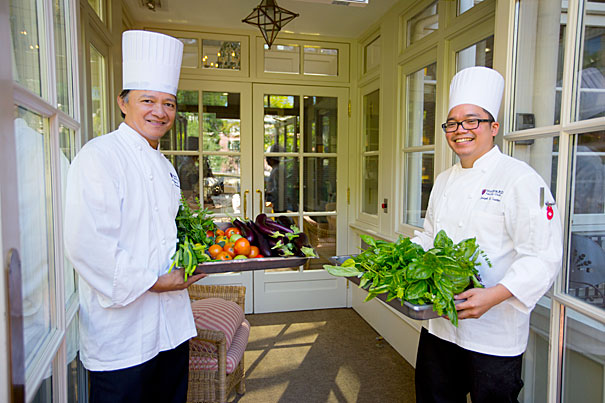
-
Panel opens door to disabilities discussion
To address the growing numbers and concerns about disabilities, Harvard????s Faculty of Arts and Sciences Human Resources organized a community discussion titled “Working with People with Disabilities: What Happens After You Say Hello?”
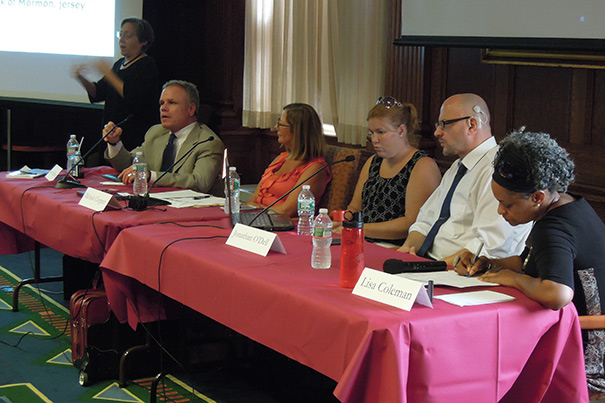
-
Paws to refresh
On the Science Center Plaza for the next several Thursdays, Harvard freshmen and others will be able to spend time lingering at a small petting zoo, part of a new Common Spaces initiative.


